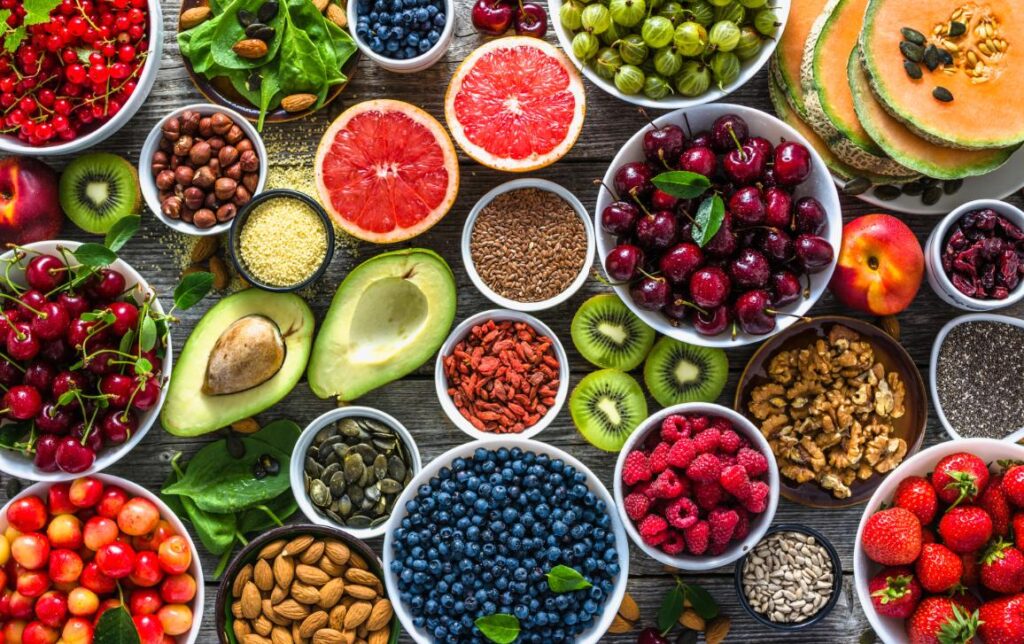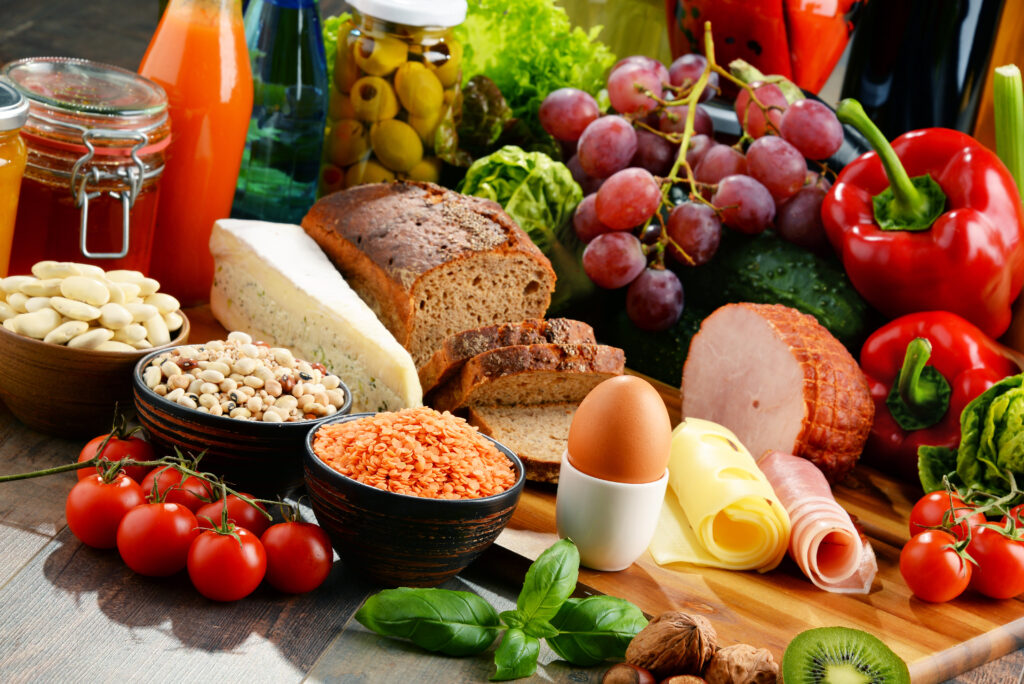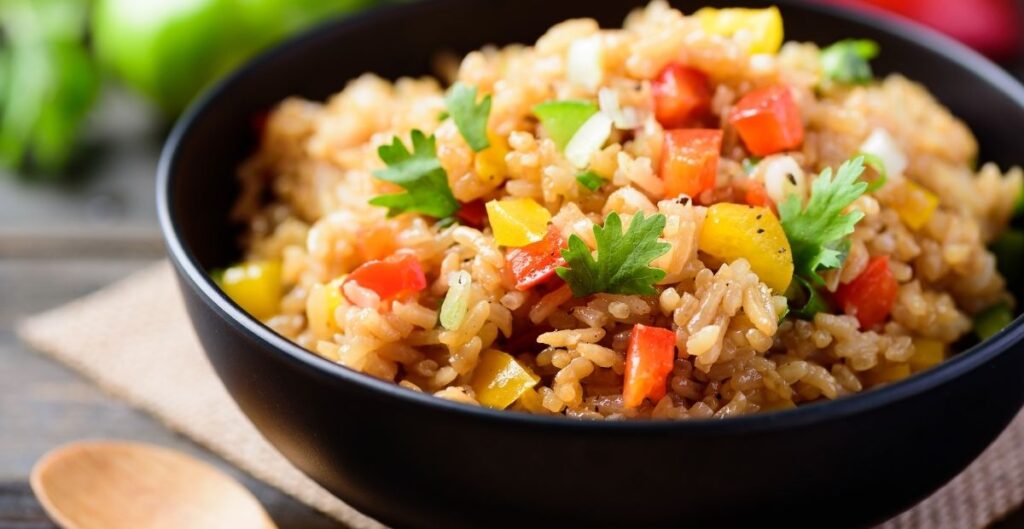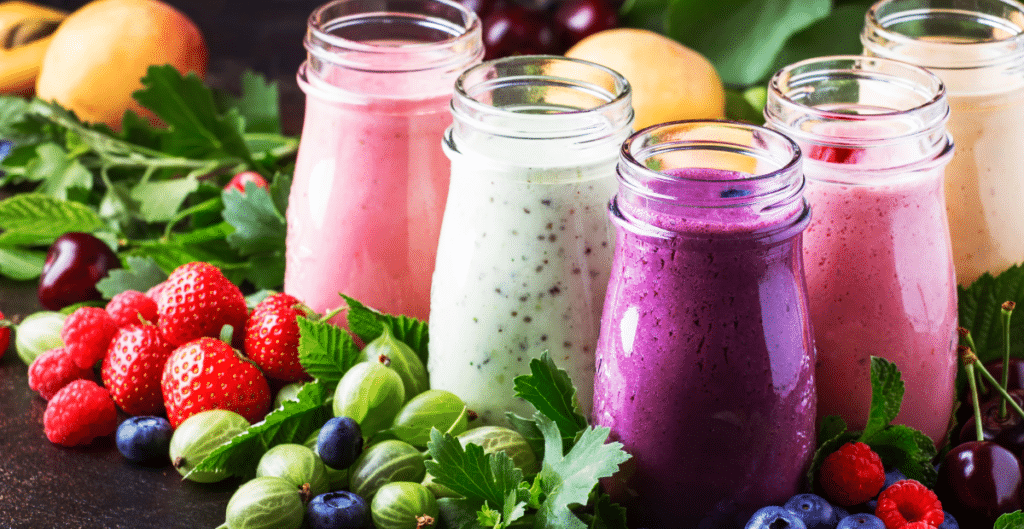Diet for avascular necrosis: A Comprehensive Guide
Avascular necrosis is a ‘bone death disease’. When the blood flow to your bone tissue in any joint of the body stops, avascular necrosis occurs. The skeletal system in your body produces new bone tissue to replace ageing bone tissue that eventually degrades and dies, so your bones are always evolving. It is important to take care of the dietary plan you follow after any surgery and Laparoscopic surgery is no exception. This is usually to promote your recovery process. For your bones to remain in good condition, this routine must be followed exactly. The nutrients and oxygen that bones require to remain sound and to renew are carried by blood. Your skeletal system cannot produce fresh bone tissue quickly enough without blood supply. The withering bone starts to break apart and finally falls apart. This happens at any joint present in your body; jaws, ankles or the knees. This usually happens due to a bone fracture or can also have any non-traumatic reasons; such as the lifestyle of consuming excessive drugs or alcohol.
Apart from physical therapy, exercises, medications or other medical treatments, a proper diet and nutrition is required to be pulled, in order to support the collapsing bones.
Role of Healthy Dietary for strengthened bones
A nutritious diet is important. But why? Here is your answer! A diet aids in the healing process and guards against additional harm to your joints. In-taking variety of fruits, consuming the right amount of green food (vegetables), and grain-based foods is crucial. These meals shield the body from inflammation since they are high in vitamins, minerals, and antioxidants. Joint health also benefits from omega-3 fatty acids. They are present in seeds, nuts, and fish.
Nutritious diet is important factor for several reasons:
- Protein: Since protein aids in the body’s tissue reconstruction, specifically at the joint that is suffering. Red meats contain protein substantial for health.
- Calcium: Stronger teeth and bones depend on calcium. Milk and yoghurt, spinach and other leafy greens, and beverages that have been fortified with calcium are all excellent sources of this mineral.
- Vitamin D: For bone growth, vit D with other vital nutitients is important – therefore intake of vitamin D is required. Sunlight is the best and cheapest way to intake vitamin D.
- Magnesium: Magnesium aids in the absorption and retention of calcium in the bones. Your bones and teeth contain about 85% of the phosphorus in your entire organism.
- Vitamin K: Together with calcium, vitamin K aids in the development of strong bones. Vitamin K is frequently correlated with fractures and osteoporosis.

Nutritious Diet for Avascular Necrosis’ patient
An essential component of avascular necrosis (AVN) treatment is a diet which includes the meals with all the vitamins and minerals that fulfill the bone needs. Meals that are rich in calories are taken by the patient of AVN.
Dairy Products:
Calcium is essential to build bones. What foods contain an abundance of calcium? Rightfully, the dairy products! This includes; milk, yoghurt, and curd/butter. Merely human bones retain 98% of the calcium in the human body. Because calcium is always being reabsorbed and deposited, the bone is constantly changing.
Moreover, this is also what the calcium functions for, in the human body; to Preserve the durability and structure of bones. The intestinal tract uses both active transportation and passive distribution to absorb the majority of calcium from food and nutritional products.
Nuts and Seeds:
Nuts are a great way to get proteins, fibre, and good fat. Omega-6, and omega-3 polyunsaturated fats make up the majority of the fats found in nuts. Additionally, nuts include a number of vitamins and minerals, such as vitamin E, phosphorus, and magnesium.
In the bones, magnesium aids in the absorption and retention of calcium.
There are many different types of nuts, but almonds the best choice. You will obtain sufficient amounts of phosphorous and magnesium from one ounce of almonds.
Omega-3 fatty acids, calcium, magnesium, phosphorus, and fibre are all abundant in seeds.
Some excellent seed types to include in your diet are sunflower, flax, pumpkin, and chia seeds.
Vegetables:
A number of elements found in leafy green vegetables promote the bone development.
Broccoli, spinach, kale, and cabbage are examples of dark green vegetables that can improve bone wellness. These vegetables are rich in various minerals and calcium and vitamin K are no exception.
Together with calcium, vitamin K aids in the development of strong bones. Vitamin K has been linked to cracks in bones also condition known as, osteoporosis.
Fish:
Vitamin D is present in rainbow trout and tuna.
Bone development and remodelling are significantly influenced by vitamin D. It also facilitates calcium absorption.
Almost half of the global population is vitamin D deficient.
Vitamin D production can also be triggered by sunlight.
Additional Advice
Along with attending to a healthy dietary plan, including all the necessary dietary elements i.e. proteins and essential minerals, there are other activities that can be put into exercise. Following these additional advices will help benefit more from the dietary plan as well. the additional/general advices are listed below.
-
- Steer clear of smoke and alcohol. Use of tobacco and alcohol might worsen existing AVN or raise your chance to catch it.
- Get smaller portions of food and more frequently too.
- Share any dietary problems with your physician, or doctor.
- It’s crucial to follow your doctor’s instructions if they suggest taking supplements. Certain vitamins and minerals might be dangerous if taken in excess.
- A little exercise can help with digestion.
- Yoga and meditation is the best way to relax your mind and body too.
Conclusion
It is impossible to overstate the significance of a healthy diet for a patient with avascular necrosis. In addition to eliminating or consuming less processed foods, eating a diet high in vitamins and minerals; most importantly Calcium, can help to reduce problems and slow the advancement of the disease. For a healthy recovery from this illness, it’s also critical to make sure you get sufficient rest, drink lots of water, and exercise frequently. You may enhance your general health by consuming a balanced diet and leading a healthy lifestyle, both of which will eventually help with the avascular necrosis treatment process, provided you have some flexibility with a harsher diet and dedication. This follows a gradual cycle, rather than a swift one.
With this, you would also want to consult your doctor timely.



